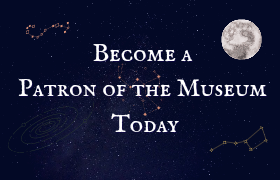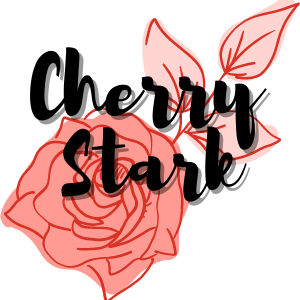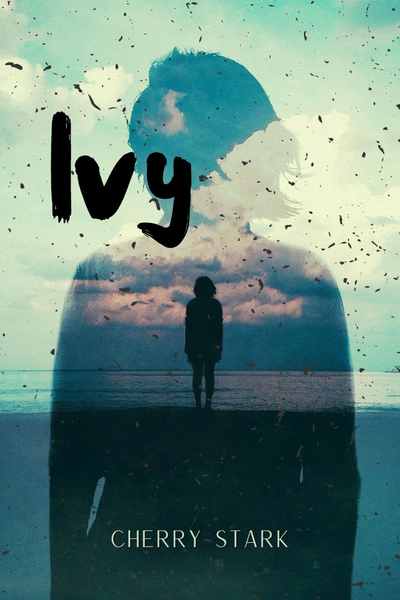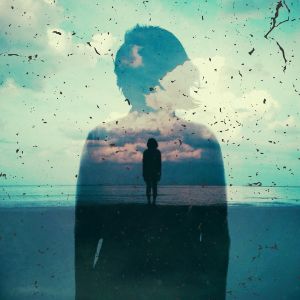“How did your children cope with the loss of their adoptive father?” asked Dr. Grace. We had been meeting together for nearly six months now. Talking about my past was still difficult, but it was getting easier.
“As well as can be expected, I guess,” I replied.
After Jonah’s death, I could not bring myself to practice medicine again. As my children grew older, I took a string of lower-paying jobs to allow myself to dedicate as much time as I could to them. But, as time went on, I had to stop being their mother and instead went to an aunt and later sister.
“Mother,” said Adam, coming into my bedroom. He was sixteen then. My son had grown into a handsome young man who was popular with his classmates. He played high school football, where he played first string. I was working as a hotel maid at the time. “Are you sure that you are all right?”
“Yes, I am fine,” I reply. “Why do you ask?”
“You haven’t been the same since Dad passed away,” he said. “Liddy and I were thinking… maybe it’s time for you to move on.”
I squeezed his hand. Adam was always a bright, sensitive boy. It came as no surprise to me when he became a psychiatrist in his adult years.
“I’m fine, darling. I promise.”
“Why don’t you go back to work at the hospital?” he suggested. “You were always happiest helping others.”
“I am not sure that is such a good idea.”
“Mother, there was nothing you could have done that could have stopped Dad from passing away. He was too sick.”
Logically, I knew my son was right. Jonah had survived the Spanish Flu as a child which had left him with severe asthma, paired with his nightly habit of smoking his pipe and drinking a jug of moonshine – cancer was inevitable.
“I know,” I tell him. “I just wish I could have done something to ease his suffering before he went.”
“At least, consider going back to medicine,” Adam pressed. “Liddy and I are almost grown. We don’t want you to be alone. You deserve a chance at happiness, just as much as the rest of us.”
Adam and Lydia grew up into fine adults. Adam married his college sweetheart, Dorothy. They had three beautiful children, two boys, and a girl. The family later moved to Miami where Adam practiced as a psychiatrist for more than thirty years. His two sons both became doctors and his daughter, Sophia, works for NASA.
My daughter, Lydia wanted to become an actress. After she graduated from secretarial school, we moved to California together. Producers were eager to hire us as sisters. The money was good for the first few years, but we grew tired of life in the chorus line. Lydia wanted to be the next Rita Heyworth or whoever was the latest starlet in the limelight. Over the next few years, she bounced from project to project, leaving a string of broken-hearted husbands behind her.
In 1964, she gave birth to her only child, Henry. I took care of Henry whenever Lydia was away touring with whatever theatrical company, she had attached herself to at that time. Henry grew into a successful novelist and purchased a large penthouse apartment in the city that he shares with me, Lydia, and his fifteen-year-old daughter, Melody.
___
“You told me all about Adam and Lydia,” said Dr. Grace, during one of our sessions, “but what about yourself? Adam was right. You deserve a chance at happiness just like everyone else. When did you decide to go back into medicine?”
“I didn’t necessarily choose to go back into medicine,” I remarked. “I decided to dedicate my life to the one constant in my life – death.”
“Death? I don’t understand.”
I nod. I had seen the same confused expression on Dr. Grace’s face that I had seen on many of my colleagues over the year. Young women usually became nurses. That was the expectation for women for centuries.
“As I am sure that you are aware, the 1970s was a period of political upheaval and major culture change. You had Woodstock, Vietnam, Women’s Lib, and so much more.”
Stories about people like Ted Bundy, the Zodiac Killer, and David Berkowitz flashing across our television screens, I wanted to do my part to stop the tidal wave of murders. I began to study the psychology of killers and armed with my collection of journals, I researched the many ways and means one could die. Lydia liked to tease me about my morbid obsession with death. I was still young and with my looks, I could take the modeling world by storm. I shook my head. Death was not my obsession. It was my reality.
My first crime scene as a forensic examiner was not a pleasant one. I was only a few weeks into the position when a serial killer began terrorizing the city. A young prostitute had been murdered and left naked and beaten on the street. Her hands and eyes had been removed by the killer.
“They called you in for this case, Dr. Foster?” asked Officer Diaz. Officer Andrew Diaz had been one of my dearest friends on the Los Angeles police force. Liddy was certain that Andrew was in love with me. He was the “total package” in my daughter’s words. I tended to agree. He was a gorgeous man, too bad we never got the chance to explore our relationship.
“Yep. How bad is it?”
Andrew scratched his head. “It’s bad, Viv. They think it’s one of the Slasher’s victims.”
I steeled my nerves. “Wish me luck.”
My stomach churned as I performed that first autopsy. Olivia Long, the victim, was just a girl of seventeen years. I doubled over, vomiting into the trash bin.
“Are you all right, Viv?” asked Andrew, standing in the doorway. He rubbed my back gently as I sobbed. “It’s okay to cry for them.”
He held me tightly as I continued to cry. He kissed the top of my head, promising that it was all going to be all right. We walked together out of the precinct and down the street toward Andrew’s car. A dark sedan sped down the street toward us. I didn’t see the gun until it was too late.













Comments (0)
See all